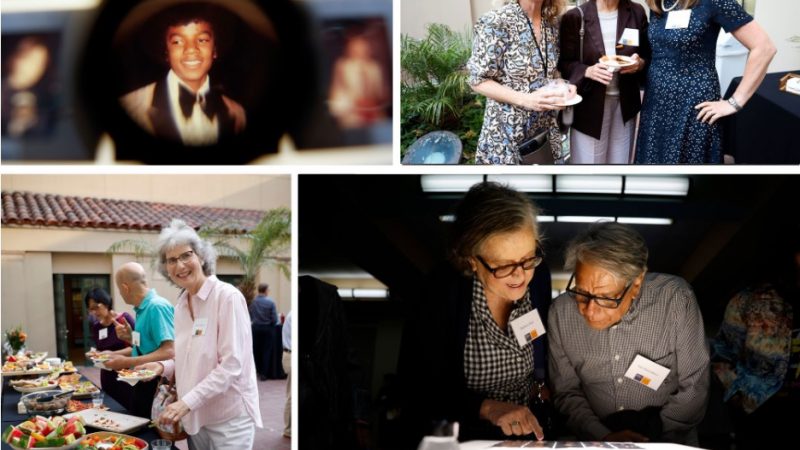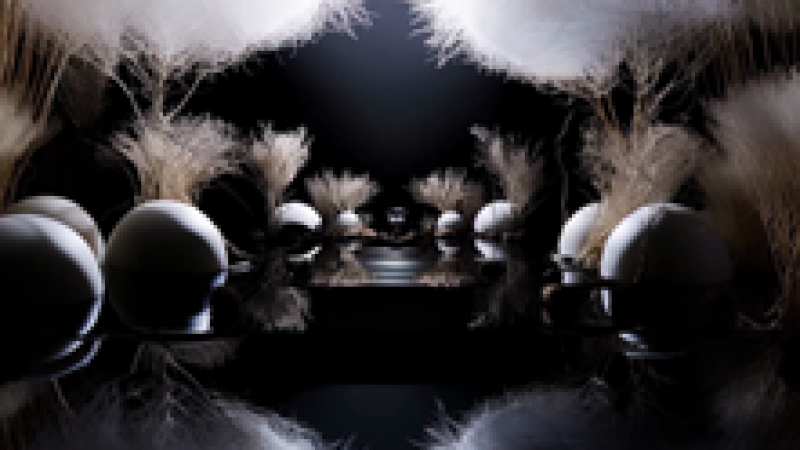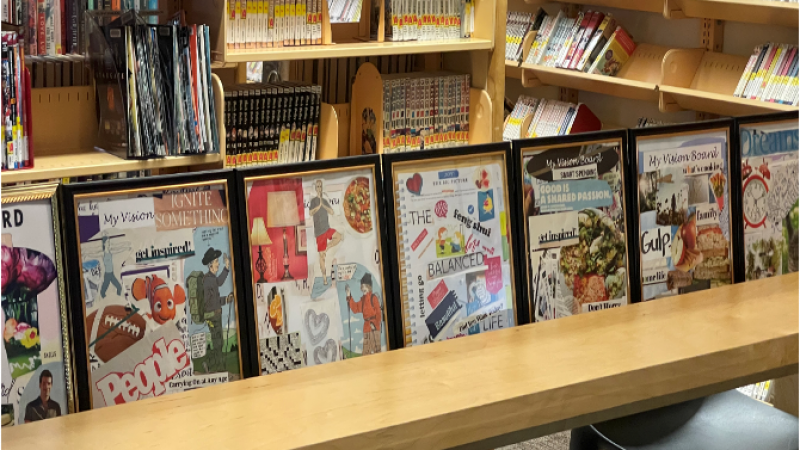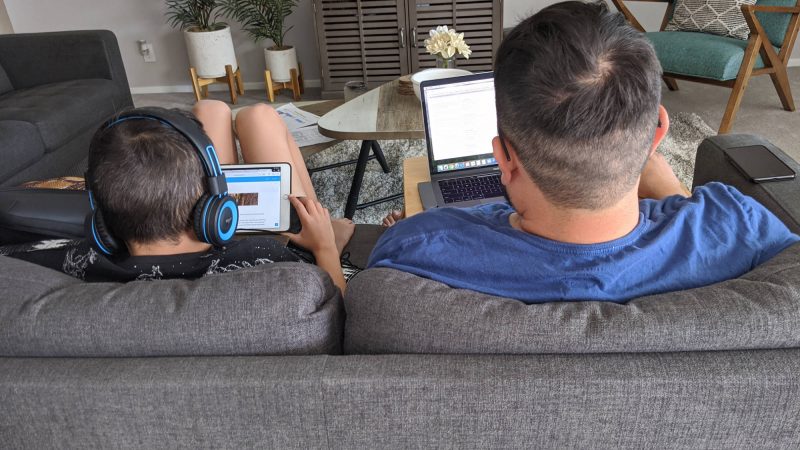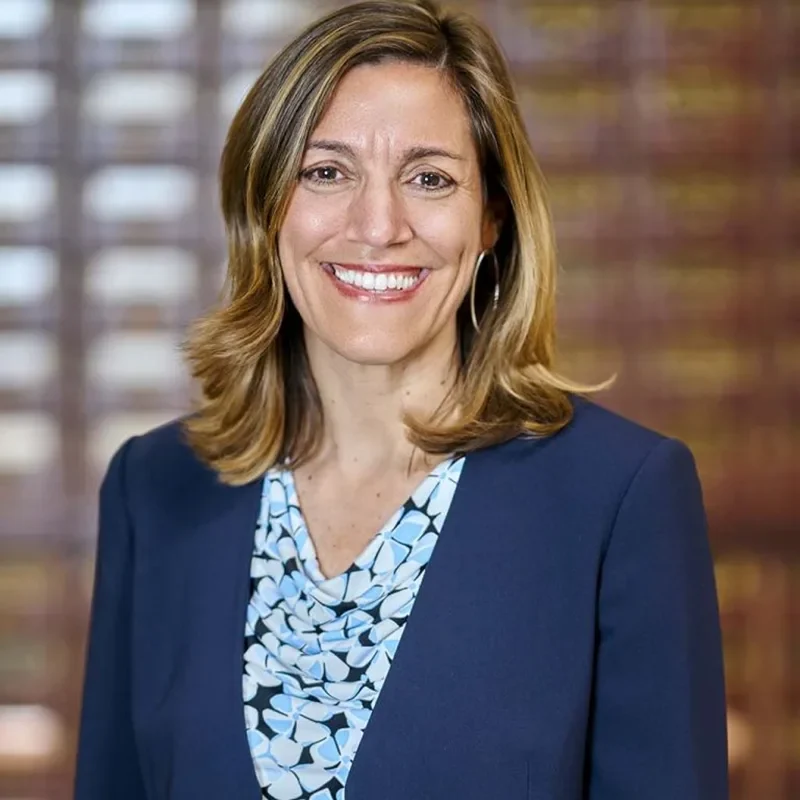“This is an exceptionally fun crowd… it’s like all my friends,” one ALOUD audience member said as she took her seat for the packed Alison Bechdel event last week, where Bechdel discussed her new graphic memoir Are You My Mother? with Deborah Vankin from the LA Times. We like to think all the ALOUD crowds are fun, but we agree, there was something exceptional in the air.
Alison Bechdel and Deborah Vankin. All photos by Gary McCarthy.
A poll of raised hands (overwhelmingly female) showed many first-time ALOUD attendees, perhaps part of the devoted sisterhood comprising Bechdel’s fan base. Her reach has been wildly growing since she started the countercultural comic strip Dykes to Watch Out For 25 years ago, to the catapult of her best-selling first graphic memoir Fun Home: A Family Tragicomic in 2006. Yet, the audience Q&A that followed transcended super-fan admiration—one young woman genuinely thanked Alison for helping her to understand her mother better.
“If I have to boil it down, the book is about subjectivity,” Bechdel stated matter-of-factly as she began talking through slides from her new book. Bechdel, who twisted like a pretzel in her chair throughout the night, and at one point referred to feeling like she was in therapy on the stage, seemed most comfortable reading from her book. A self-described introvert, and more at home at her desk writing than in the spotlight, she admitted her success has caused a personality crisis. Flipping through a series of frames, she opened up more on the difficulty of creating the book about her mother. “I had to dig it out of a deep dark pit,” she said of the six-year process. And on top of the emotional weight of psychoanalyzing her relationship, there was the pressure of her creative process.
Flipping through a series of frames, she opened up more on the difficulty of creating the book about her mother. “I had to dig it out of a deep dark pit,” she said of the six-year process. And on top of the emotional weight of psychoanalyzing her relationship, there was the pressure of her creative process.
From daily phone calls to her mother, which Bechdel confessed to transcribing for the rich writing material, to her meticulous method of composing (she writes in Adobe Illustrator for the two-dimensionality format, and everything else she does by hand—building sets, taking photographs, then scanning, tracing, and drawing the photographs to produce her life-like images), one could see how producing this work, much less discussing it in public, could challenge one’s sanity.
Often using humor as a break from her challenging subjects, she joked about her mother’s reaction to the book—“it coheres.” But surprisingly, her new book is less humorous than her first book, which followed the story of her closeted gay father’s suicide after Bechdel came out as a lesbian to her parents. Bechdel described her mother’s story as harder to enter than her father’s because it had no beginning—and really no ending. And for Bechdel, the open-ended family saga continues. She plans to write another family memoir that includes her brothers, who had a very different relationship to their parents, to explore “families as a system.” From the looks of the long and windy book signing line, Bechdel’s audience will happily wait six more years for the next chapter. Until then you can listen to the podcast of this event.
And for Bechdel, the open-ended family saga continues. She plans to write another family memoir that includes her brothers, who had a very different relationship to their parents, to explore “families as a system.” From the looks of the long and windy book signing line, Bechdel’s audience will happily wait six more years for the next chapter. Until then you can listen to the podcast of this event.
–Posted by Bridgette Bates
